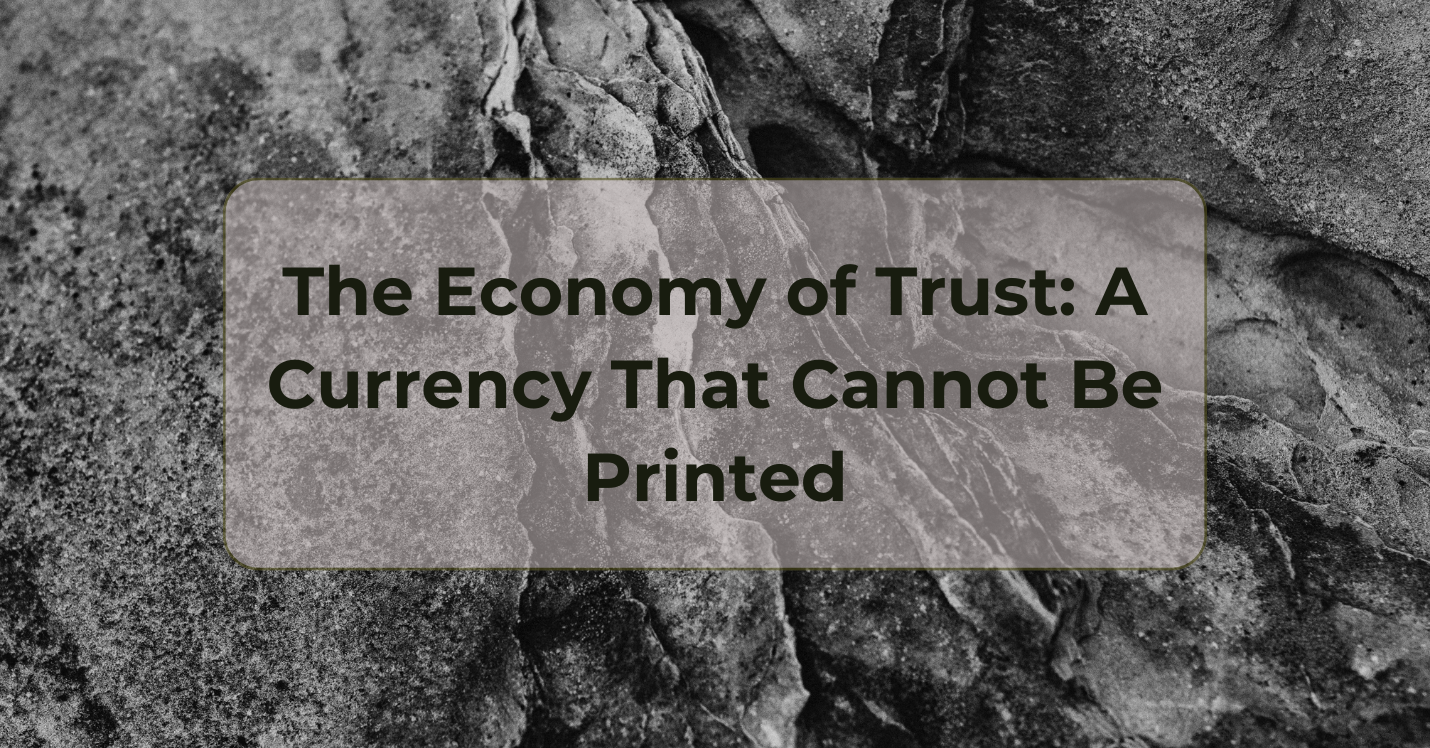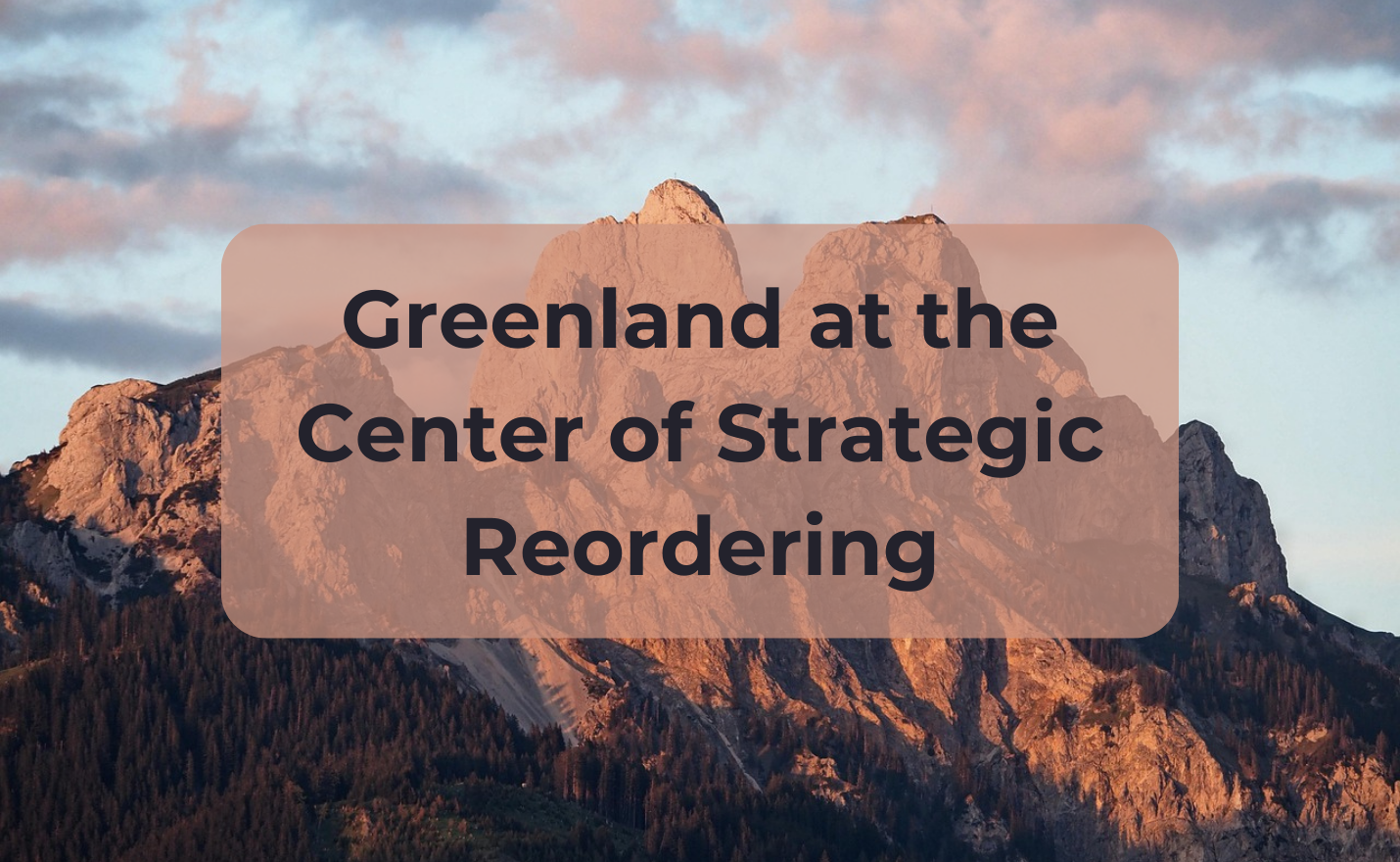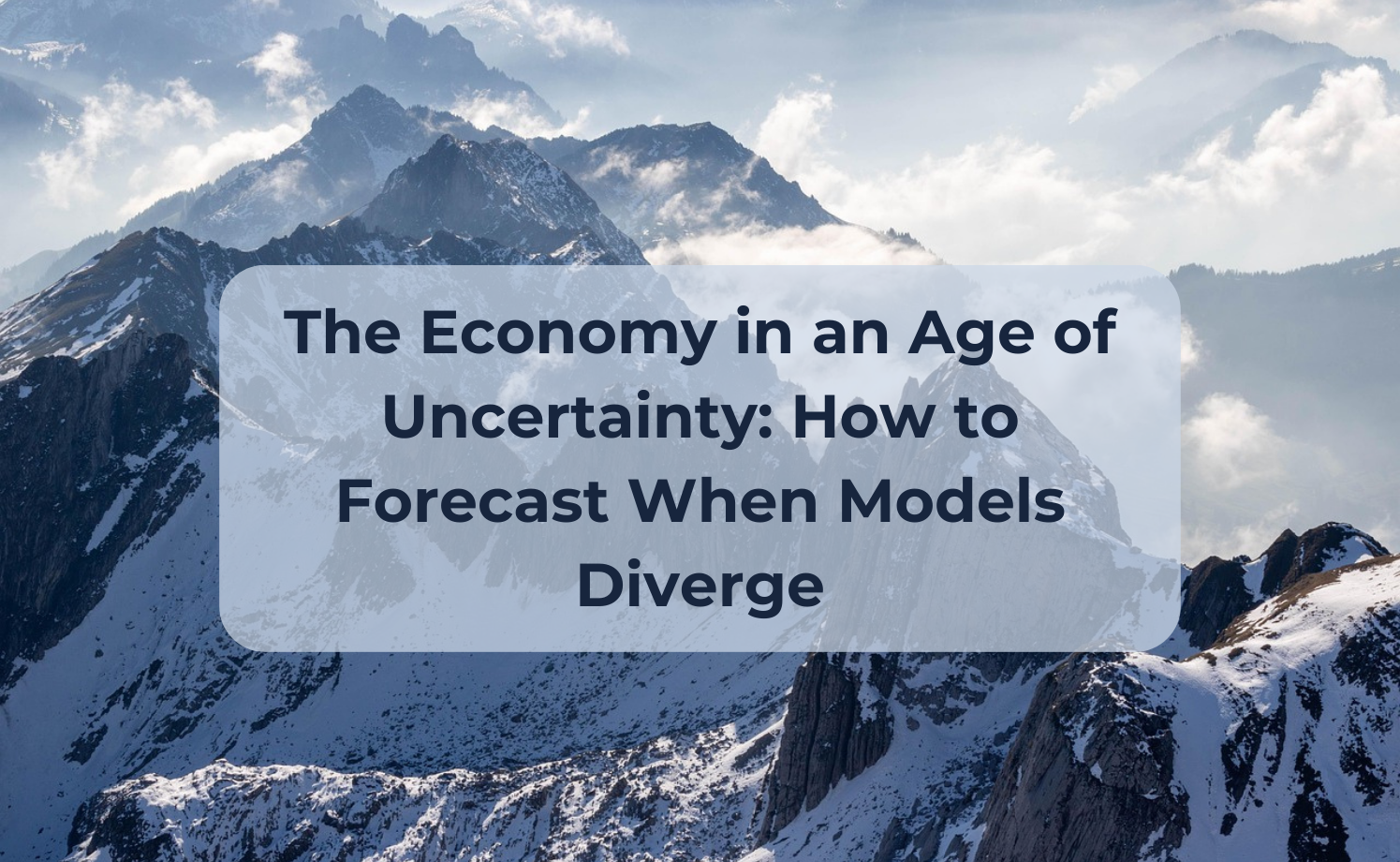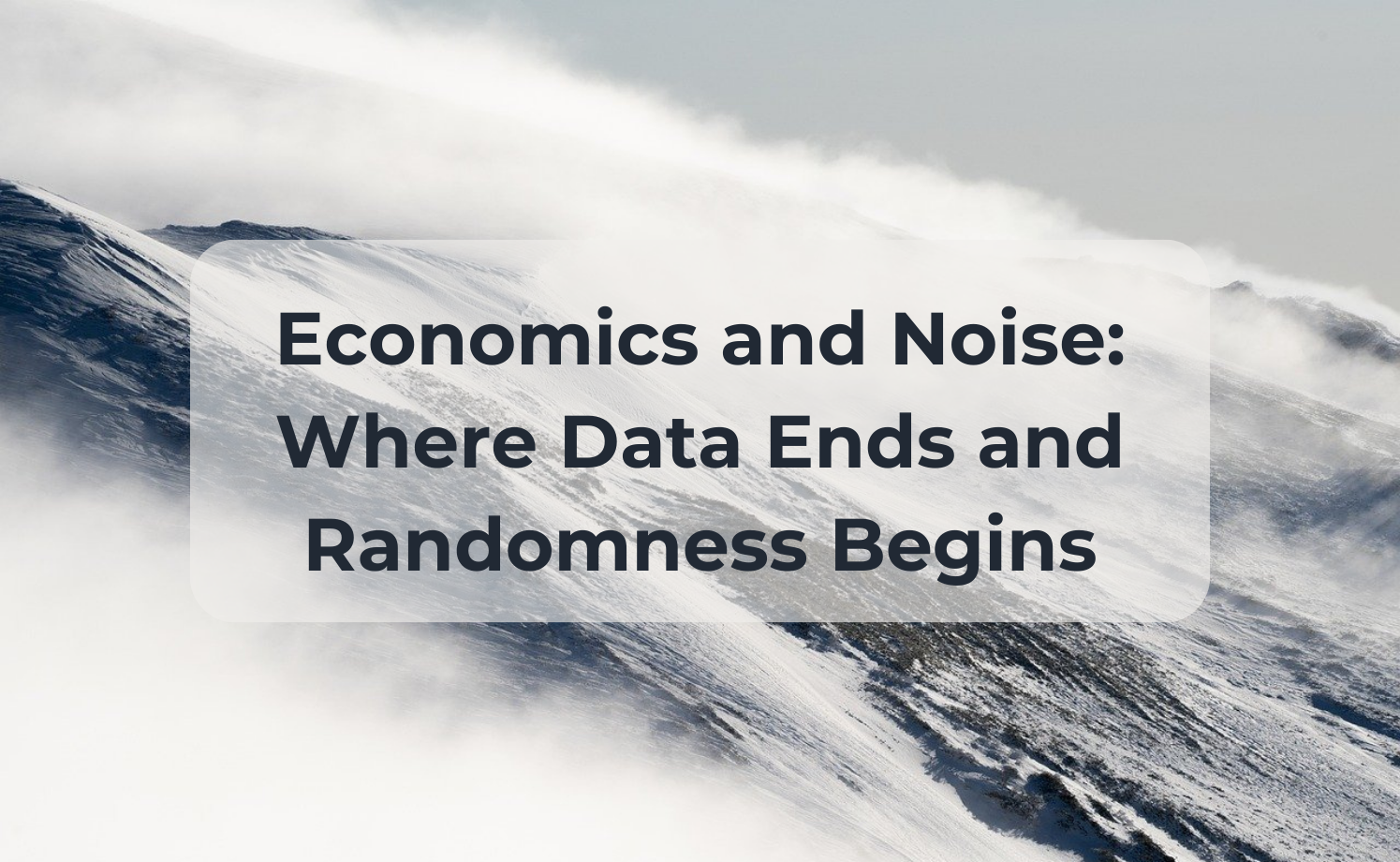I. Introduction: Understanding the Essence of the Economy of Trust
In an era defined by digital transformation and global uncertainty, the concept of the economy of trust is gaining traction. Trust—once viewed as abstract—has become a vital economic asset. Unlike fiat money, trust cannot be printed. It must be earned over time.
This concept is increasingly relevant. As technology and global networks evolve, economic systems rely more on intangible values. The economy of trust is central to this change. It affects finance, e-commerce, governance, and even personal interactions.
In the past, economic power was defined by tangible assets such as land, labour, and capital. Today, trust has emerged as a key differentiator. It influences everything from consumer behaviour to international diplomacy. For example, countries that are seen as trustworthy attract more foreign investment and enjoy stronger trade relationships.
II. How Trust Is Built—and Broken
Sources of Trust in Modern Economic Systems
The economy of trust is built on several pillars. Reputation, transparency, and institutional reliability are among the most important. For example, consumers often decide based on reviews and prior experiences. These interactions shape perceptions of honesty and reliability.
Transparency is equally crucial. When companies and governments share clear, accurate information, people are more likely to trust them. As a result, transparency helps reduce suspicion and miscommunication.
Institutions play a key role. A stable legal framework and ethical corporate behaviour support long-term trust. Countries with reliable regulations typically attract more investment. This boosts economic growth.
Social norms also influence trust. In high-trust societies, people tend to expect others to behave reasonably, and this expectation becomes self-reinforcing. For instance, when citizens trust each other and their institutions, they are more willing to cooperate, comply with laws, and participate in civic life.
Factors Undermining Trust
However, trust is fragile. Fraud, corruption, and misinformation can quickly destroy it. For example, financial scandals can shake entire markets. When trust is lost, businesses face higher costs due to added security measures.
Lack of transparency also harms trust. When people feel information is hidden, they grow suspicious. Furthermore, inconsistent behaviour or broken promises create long-term damage.
Corruption is especially damaging. It undermines belief in fairness and weakens institutions, which can lead to disengagement from markets and civic life.
In the digital age, misinformation spreads rapidly. Fake news, data breaches, and manipulation of public discourse weaken trust in media, governments, and businesses. Rebuilding trust takes time and consistent effort.
III. Why Trust Makes Economies Work Better
Lowering Transaction Costs
The economy of trust reduces transaction costs. When two parties trust each other, they need fewer contracts and less oversight. For example, a handshake deal between trusted partners can replace a lengthy legal process.
According to the World Bank, trust speeds up transactions and lowers business costs. Since there’s less need for monitoring, companies can operate more efficiently.
Small and medium-sized enterprises (SMEs) especially benefit from this. These firms often lack the resources for complex legal structures, but trust-based relationships allow them to scale and compete.
Enabling Innovation and Investment
Trust also drives innovation. Start-ups and venture capital firms rely on it. Investors are more willing to support new ideas when they trust the people and systems involved.
For example, founders with strong reputations attract funding more easily. In this way, the economy of trust becomes a catalyst for growth and creativity.
Innovation ecosystems like Silicon Valley are built on dense trust networks. People share ideas, collaborate, and take risks because they believe in the system’s integrity. This accelerates the pace of technological advancement.
Facilitating Trade and Consumer Loyalty
Trade thrives on trust. Buyers and sellers must believe they’ll get what they agreed upon. Online platforms like Amazon succeed because users trust their systems.
Consumer loyalty also grows from trust. People return to brands they believe in, and trust boosts repeat business and word-of-mouth promotion.
Trust reduces friction in global trade. Nations that trust each other are more likely to sign trade agreements, reduce tariffs, and simplify customs procedures, which boosts efficiency and economic integration.
IV. Where Trust Matters Most
Trust in the Digital Economy
Digital platforms rely heavily on trust. Technologies like blockchain were designed to be “trustless,” yet they still depend on trusted code and communities.
Sharing economy platforms like Airbnb and Uber succeed through user reviews and transparent policies. These systems help strangers trust each other. As a result, digital trust enables peer-to-peer commerce on a global scale.
Data privacy is another key concern. Consumers are more likely to use services that handle their data responsibly, and regulations like the EU’s GDPR aim to restore trust by giving users more control.
Corporate Trust and Internal Cohesion
Trust influences company performance. When employees trust their leaders, they are more engaged. According to the Edelman Trust Barometer (2023), companies with strong internal trust see better productivity and innovation.
Corporate Social Responsibility (CSR) also plays a part. Transparent and ethical CSR efforts build consumer trust, giving these companies a competitive edge.
Internal trust also affects employee retention. People stay longer in organisations where they feel respected and valued. This leads to lower turnover, better morale, and a stronger corporate culture.
Public Sector and Institutional Trust
Trust in government shapes everything from tax collection to law enforcement. Countries with strong institutions often enjoy more stable economies. For example, Eurobarometer (2023) found that nations with low corruption levels tend to have higher GDP per capita.
Social trust also matters. Communities with high trust levels work together more effectively, boosting economic resilience and strengthening democracy.
Trust became a critical factor during crises such as the COVID-19 pandemic. Countries where citizens trusted their governments achieved higher vaccine uptake and better compliance with safety measures. Trust saved lives and stabilised economies.
V. Measuring and Managing the Economy of Trust
Global Indices and Metrics
Trust is now quantifiable. Tools like the Edelman Trust Barometer and Eurobarometer offer yearly insights. These reports assess trust in business, media, government, and NGOs.
Such data is valuable. It helps companies and policymakers understand how they’re perceived. For example, a drop in trust may signal a need for more transparency.
Other tools include the OECD’s Trust Lab and the World Values Survey. These resources provide insights into trust trends across cultures and demographics. They help identify areas for policy improvement and strategic investment.
Organisational Strategies to Foster Trust
Businesses can build trust by being transparent and consistent. Open communication and ethical decision-making, for example, go a long way.
Key strategies include:
- Transparent, honest reporting.
- Predictable customer service.
- Ethical practices in operations.
- Strong engagement with employees and communities.
Leadership also matters. Leaders who demonstrate integrity and empathy inspire confidence. Regular dialogue, feedback systems, and inclusive practices create a trust-rich culture.
The State’s Role in Trust Management
Governments shape the broader economy of trust. They must ensure fair laws, protect privacy, and fight corruption. Since public trust affects compliance and stability, it’s essential for growth.
Proactive policies improve trust. As a result, both investors and citizens feel more confident in the system.
Governments can also model trust-building behaviour. Transparency portals, public consultations, and open data initiatives show a commitment to accountability. These efforts signal that citizens’ voices matter.
Our expert guidance in business forecasting will help you mitigate threats and transform external challenges into strategic opportunities. [Contact Us]
VI. Conclusion: The Future of the Economy of Trust
In today’s volatile world, trust is a stabiliser. The economy of trust is no longer just a concept. It’s a measurable and powerful force.
Companies and nations that nurture trust will gain a competitive advantage. Meanwhile, those who ignore it will struggle.
Looking ahead, trust will become even more valuable. As automation and AI spread, human relationships and integrity will matter more. Therefore, managing trust with care is vital.
Artificial intelligence and machine learning systems will depend on users’ trust. If people doubt the fairness or transparency of algorithms, adoption will stall. Building ethical, explainable AI will be essential for digital progress.
Ultimately, trust isn’t about money—it’s about people. The economy of trust is built on relationships. And that’s what makes it the most human and enduring currency.
Investing in trust is not optional. It’s a strategic imperative. Those who understand this will shape the future economy, not just compete in it.





